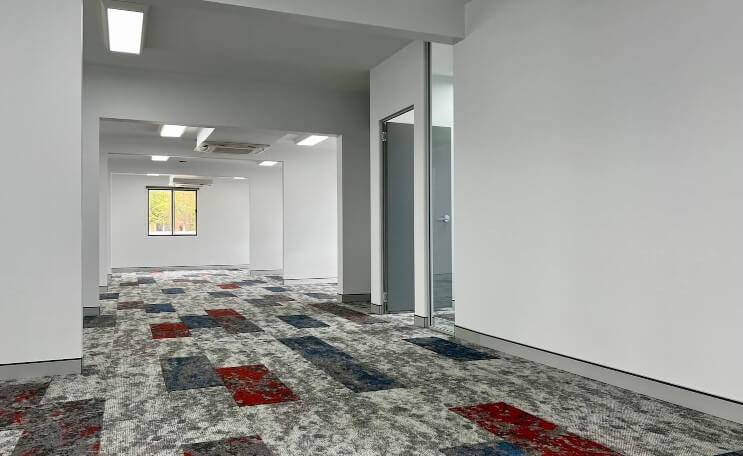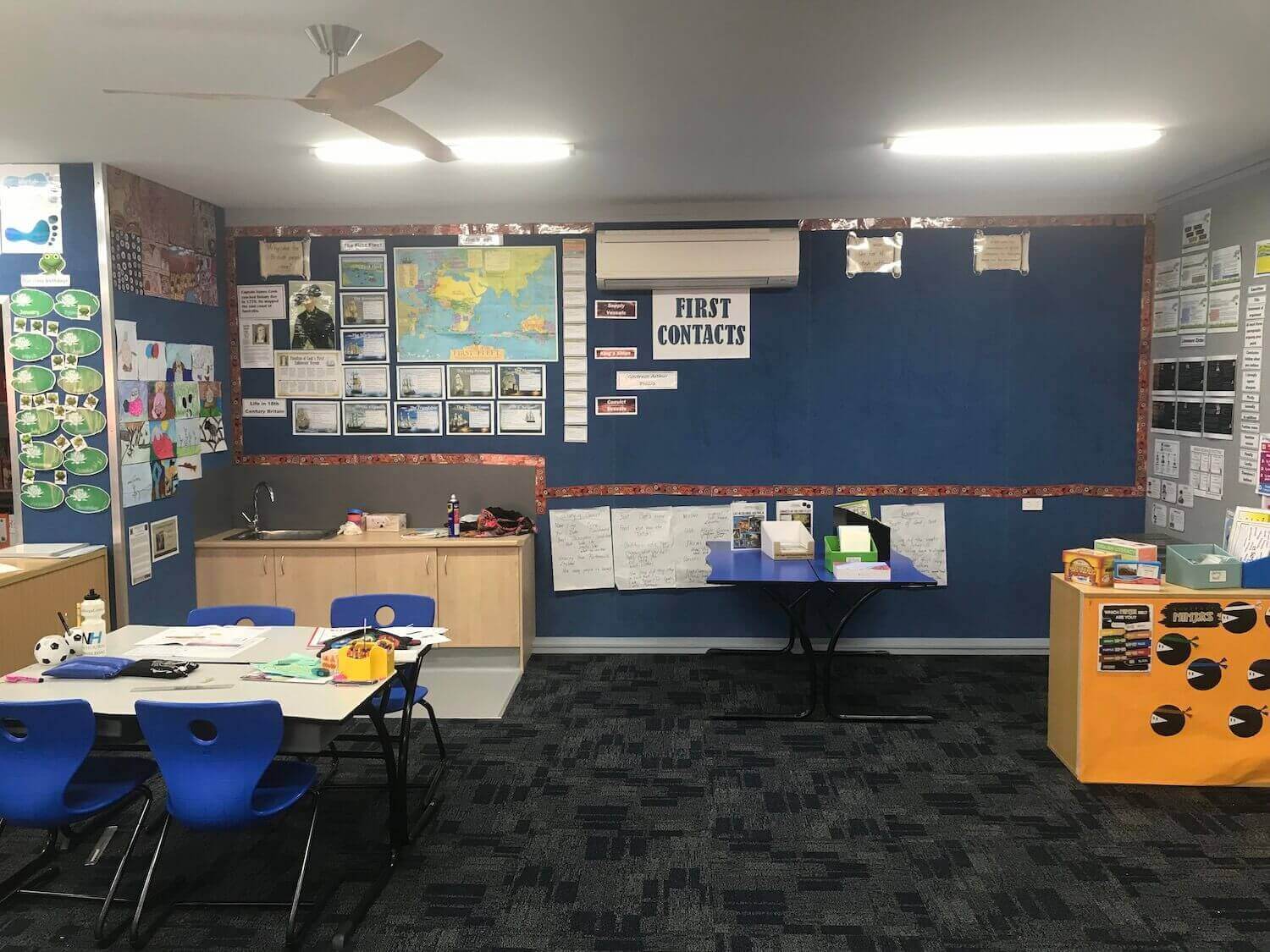Because of its efficiency, cost-effectiveness, and sustainability benefits, modular construction has grown in popularity in recent years. It’s ideal for projects with tight deadlines, repetitive designs, and a need for consistent quality. So, let’s take a deeper dive into modular construction.
Modular Construction Explained
Modular construction, also known as modular building or off-site construction, is a construction method that involves building and assembling individual components or modules of a structure in a controlled factory setting, then transporting and installing them at the construction site.
These prefabricated modules can range from entire rooms or sections of a building to smaller components such as walls, floors, or roofs. When the modules arrive at the construction site, they are lifted into position and connected to form the final structure.
Key Features Of Modular Construction
Controlling Precision And Quality
Modules are built indoors under controlled conditions, which reduces the impact of weather and other environmental factors. Because of the controlled environment, greater precision and quality control are possible, resulting in consistent and high-quality constructs.
Time Management
Modular construction can be completed more quickly than traditional on-site construction methods. Because modules are built concurrently with site preparation, projects can be completed in less time, shortening construction schedules.
Cost Savings
While initial manufacturing costs may be higher due to the factory setup and transportation, modular construction can lead to cost savings in terms of reduced labour expenses, less material waste, and shorter construction timelines.

Flexibility
Modular construction is versatile and can be used for a wide range of building types, from residential homes and commercial buildings to healthcare facilities and educational institutions. It allows for customisation and design flexibility to meet specific project requirements.
Sustainability
Modular construction can be more sustainable than traditional construction methods. The controlled environment reduces waste, and materials can be optimised for efficiency. Additionally, the ability to disassemble and relocate modules makes it more adaptable and eco-friendlier.
Minimal Site Disruption
With modular construction much of the building work is done off-site, so there is less disruption to the surrounding area and neighbouring properties during construction. This can be particularly beneficial in urban or densely populated areas.
Quality Assurance
Factory-based construction allows for rigorous quality control and inspections throughout the manufacturing process, leading to a higher level of quality assurance compared to traditional construction methods.
Hopefully, this breakdown of modular construction has offered you some insight and shown you the boundless possibilities that accompany it. If you would like to learn more about modular construction, get in touch with the 2 Types Constructions team.


